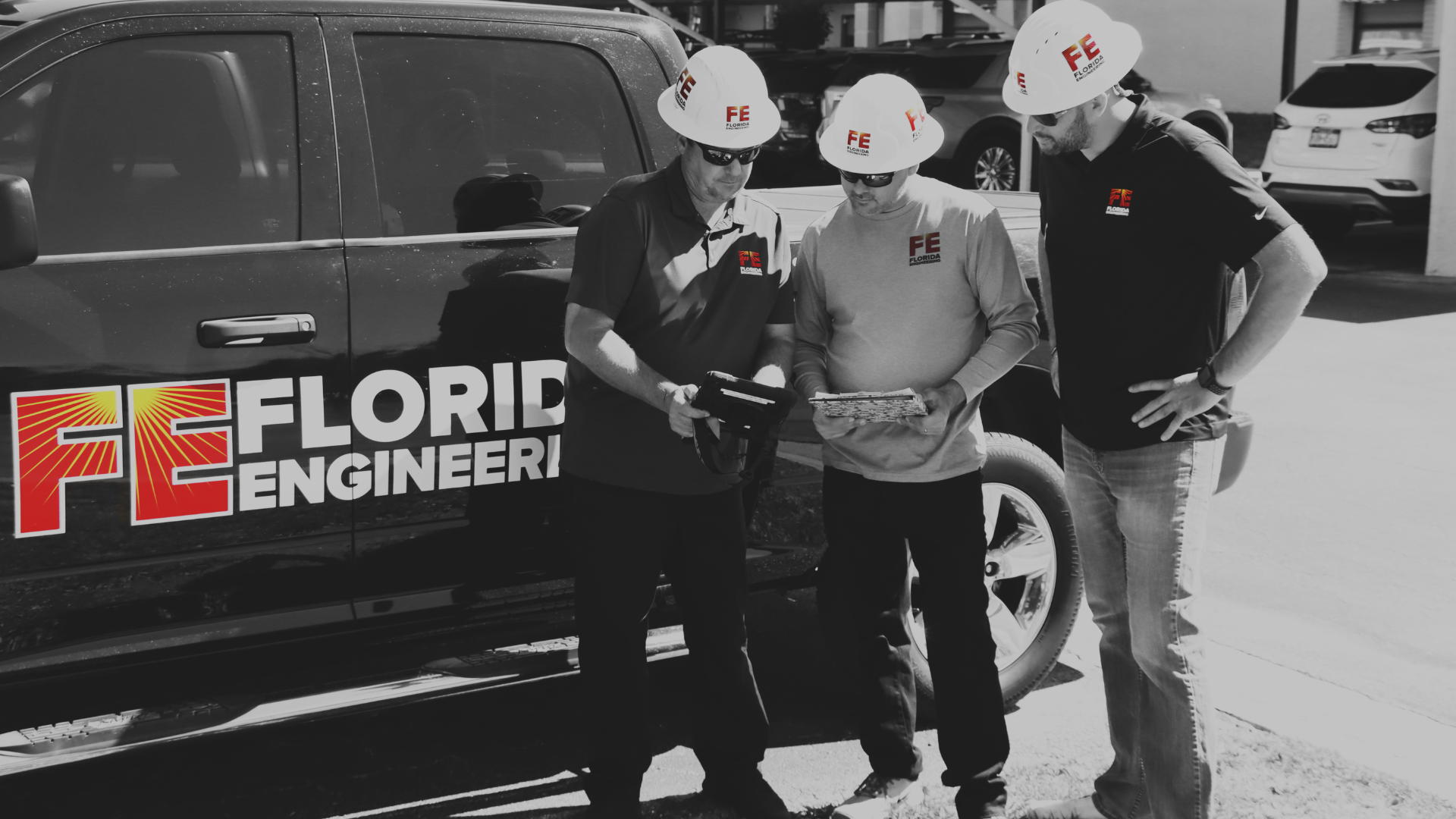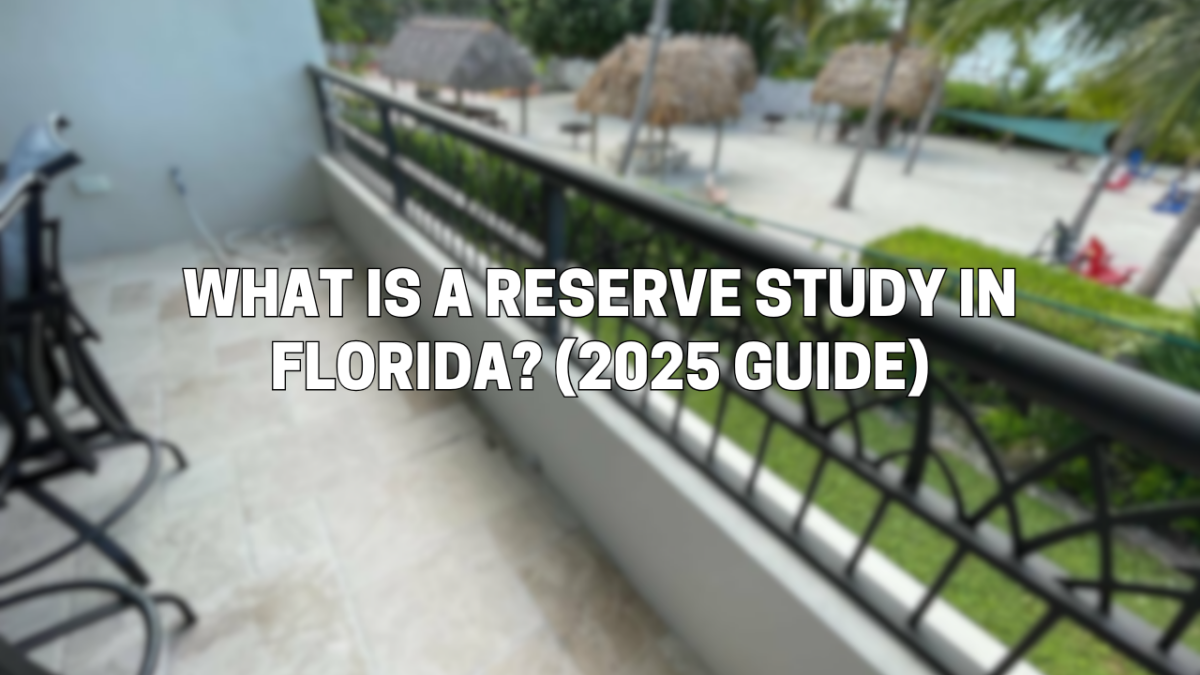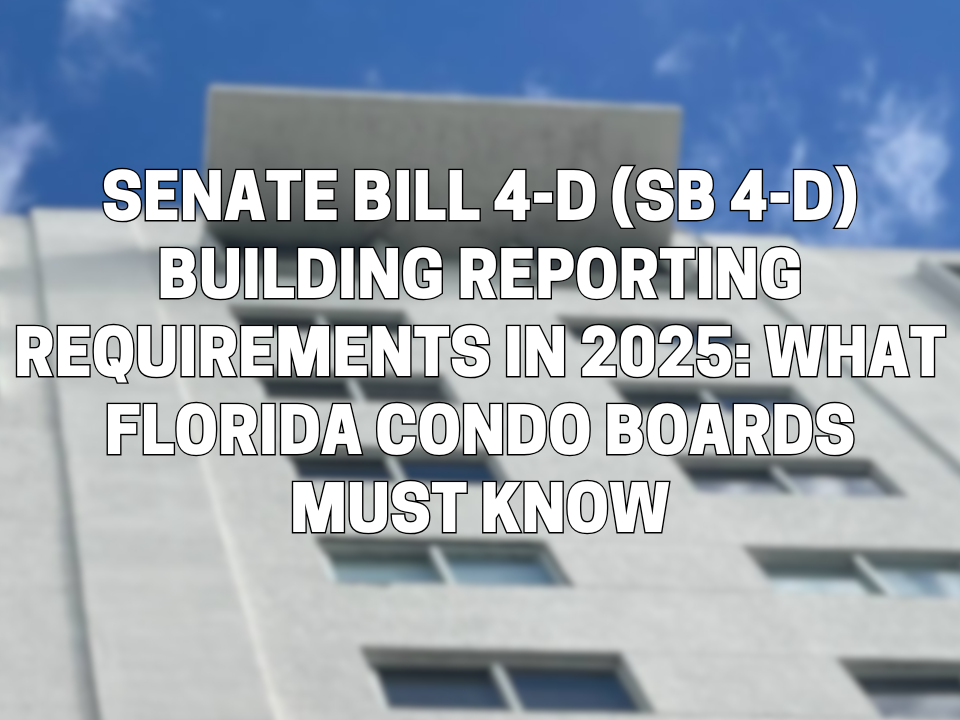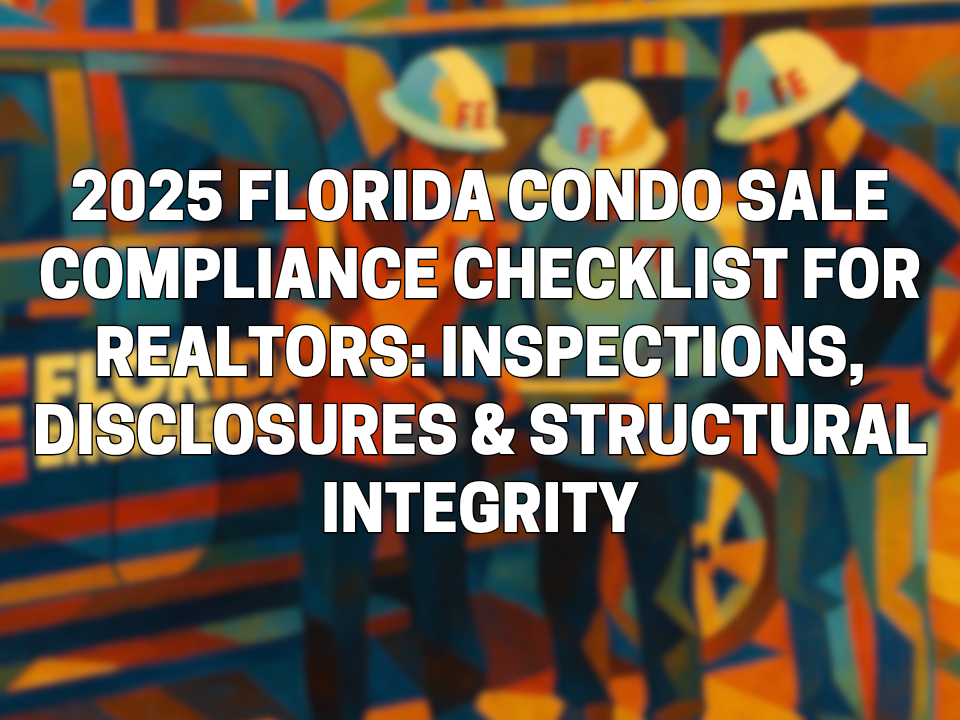A Reserve Study is a critical financial planning tool used by homeowners’ associations (HOAs), condominium associations, and cooperatives in Florida. It assesses the current state of major property components and determines how much money should be set aside in a reserve fund for future repairs and replacements. Given the stringent laws surrounding condominium safety and financial preparedness in Florida, reserve studies play a crucial role in long-term property management.
In this guide, we will explore:
- The purpose and importance of reserve studies
- Florida laws regarding reserve studies
- The process of conducting a reserve study
- How reserve funding impacts property owners
- Frequently asked questions
What is a Reserve Study?
A Reserve Study is a financial analysis conducted by an expert (usually an engineer or reserve specialist) to evaluate the future repair and replacement costs of major building components. These may include:
- Roofing
- Structural components
- Elevators
- HVAC systems
- Pavement (parking lots, driveways)
- Swimming pools
- Plumbing and electrical systems
- Seawalls and docks (for waterfront properties)
The study helps associations determine how much money should be allocated into a reserve fund to ensure the long-term maintenance of shared property features.
Florida Laws on Reserve Studies
Florida has some of the strictest laws regarding reserve studies and funding, especially following the 2021 Champlain Towers South condominium collapse in Surfside, which led to major legal reforms.
1. Florida Statute 718.112 – Reserve Funding for Condominiums
- Mandatory Reserve Funding: Florida law requires condominium associations to maintain reserves for roof replacement, painting, pavement resurfacing, and other necessary repairs exceeding $10,000.
- Cannot Waive Reserves Easily: As of December 31, 2024, condominium associations can no longer waive or underfund reserves for essential structural components.
- Structural Integrity Reserve Study (SIRS): Condominiums three stories or taller must conduct a structural integrity reserve study (SIRS) every 10 years to assess building components that affect safety and durability.
2. Florida Senate Bill 4-D & Senate Bill 154 (Milestone Inspections)
- Milestone Inspections: Condominiums 30 years old (or 25 years if within 3 miles of the coastline) must undergo milestone inspections for structural safety.
- Tied to Reserve Studies: The findings of these inspections directly impact reserve funding, as they help determine future repair costs.
3. HOA Reserve Study Laws
- Unlike condominiums, HOAs are not legally required to conduct a reserve study. However, it is considered a best practice and is often required by mortgage lenders.
The Reserve Study Process
A reserve study typically consists of two major components:
1. Physical Analysis
A licensed engineer or reserve specialist conducts an inspection to evaluate:
- The current condition of major components.
- The estimated remaining useful life of each component.
- The cost of repair or replacement when the time comes.
2. Financial Analysis
- Calculates how much money should be set aside annually to cover future expenses.
- Projects the funding needed over 10-30 years.
- Recommends a reserve contribution plan to avoid special assessments or financial shortfalls.
Why Reserve Studies Matter for Property Owners
1. Prevents Special Assessments
Without adequate reserves, property owners may face sudden special assessments (one-time fees) for emergency repairs.
2. Ensures Property Values Remain High
Well-maintained buildings attract higher property values and better resale potential.
3. Compliance with Florida Law
For condominiums, reserve studies ensure compliance with Florida’s new safety and financial regulations.
4. Protects Financial Stability
A well-funded reserve protects owners from unexpected repair costs and allows for smoother financial planning.
Frequently Asked Questions
1. How Often Should a Reserve Study Be Done?
- In Florida, condominium buildings three stories or taller must conduct a Structural Integrity Reserve Study (SIRS) every 10 years.
- HOAs and other associations should update their reserve studies every 3-5 years.
2. Who Conducts a Reserve Study?
A licensed engineer, reserve specialist, or professional reserve study company should conduct the study.
3. Can Associations Opt Out of Reserve Funding?
- As of 2025, condominium associations can no longer waive reserves for structural components.
- HOAs may still vote to waive or reduce reserves, but this is not recommended.
4. How Much Money Should be in Reserves?
- A well-funded reserve should cover at least 70-100% of future projected costs.
- Underfunded reserves can result in higher assessments and legal risks.
Conclusion
A Reserve Study is an essential financial tool for Florida condominiums, HOAs, and co-ops. It ensures buildings remain safe, financially stable, and compliant with Florida’s new laws. With increased regulations after the Surfside tragedy, associations must prioritize proper reserve funding to protect their residents and property values.
For expert assistance with reserve studies and milestone inspections, contact a licensed Florida engineer or reserve specialist today.







